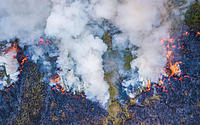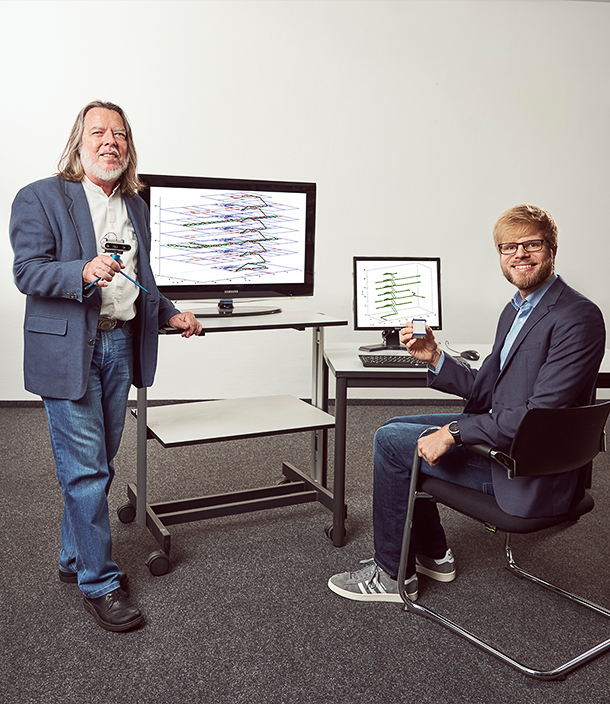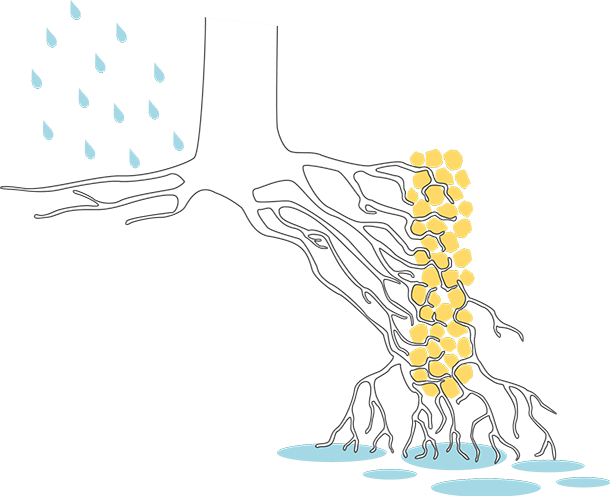- Information
- Climate, Environment & Health
BEFORE IT BURNS

The risk of forest fires has increased significantly worldwide in recent years. Flaming infernos range from California, Brazil, and Central Europe to Russia and Australia, and have not only brought devastating consequences for humans and ecosystems: they have also released massive amounts of CO2, which further intensifies climate change and further increases the probability of forest fires. In Germany, too.
While countries with a high risk of forest fires are well equipped in terms of knowledge, this is not the case everywhere in this country: In many regions of Germany, the fire department and disaster management are neither adequately trained nor equipped for forest fires. Forest fire experience, operational procedures, early warning systems, all-terrain emergency vehicles and forest fire defense maps rarely exist.
Dr. Fabian Faßnacht, Dr. Michael Ewald, and Pia Labenski, from the Institute of Geography and Geoecology (IfGG) at KIT want to change this and set an example for forest fire prevention. In the ErWiN project (Expansion of Ecological, Silvicultural, and Technical Knowledge on Forest FiresN), they are working together with the Johann Heinrich von Thünen Institute (Federal Research Institute for Rural Areas, Forests, and Fisheries) and the Institute of the Fire Service of North Rhine-Westphalia to develop basic knowledge on fire behavior in Central European forests in order to derive prevention measures. Currently, they are developing a deep-learning-based method for the automated recognition of fuel types from photos of forest stands, which can be used to assess fire risk. Other goals of the project are to create high-spatial-resolution forest fire risk maps, adapt fire spread models, and produce a guide for fire departments and disaster management with recommendations for equipment and deployment tactics. It is not only fire departments and civil protection that benefit from the researchers' work: With the findings, the team is making an important contribution to the future handling of forest fires in order to prevent devastating consequences as early as possible and to preserve the forests.
Image: apiguide / shutterstock



